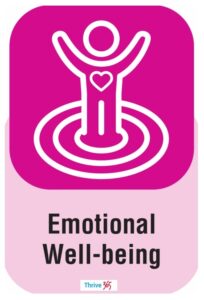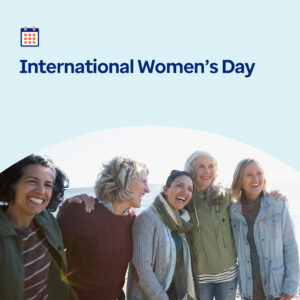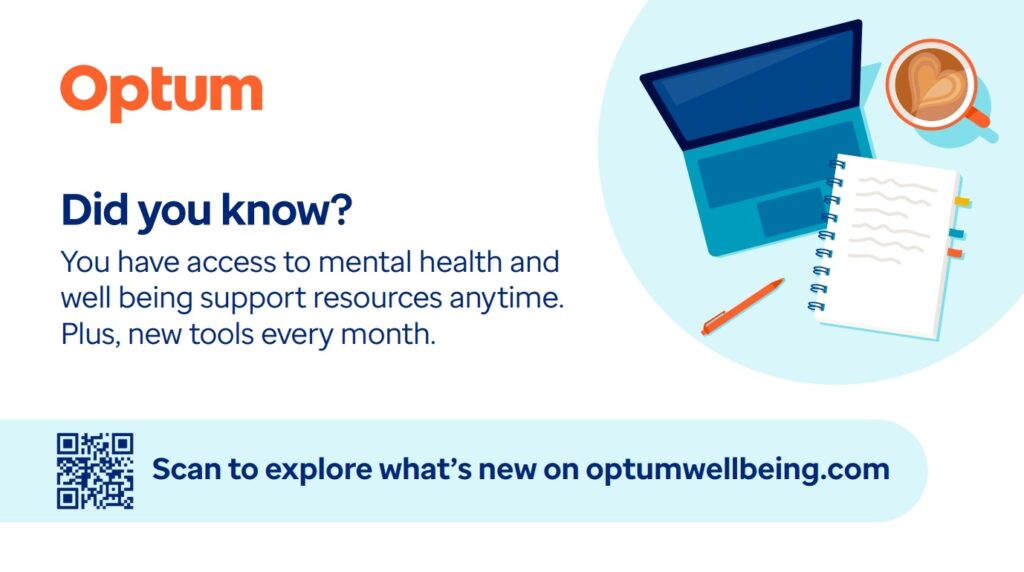 As a member of the Cooper team, you have access to our employee assistance program (EAP) through Optum Emotional Wellbeing Solutions, which offers comprehensive benefits to support your mental wellness and work-life balance. With Optum as your EAP partner, you will receive confidential mental wellness and work-life support. Each month, Optum publishes a newsletter where you can learn the latest topics, have access to resources and a content library, and find support.
As a member of the Cooper team, you have access to our employee assistance program (EAP) through Optum Emotional Wellbeing Solutions, which offers comprehensive benefits to support your mental wellness and work-life balance. With Optum as your EAP partner, you will receive confidential mental wellness and work-life support. Each month, Optum publishes a newsletter where you can learn the latest topics, have access to resources and a content library, and find support.
This month, we explore meaningful ways to support women’s mental health and wellbeing and empower the women in your life and around the world.
Recognizing International Women’s Day
Why do so many nations recognize International Women’s Day on March 8? The short answer is: to promote gender equality around the world. From a global perspective, women continue to face discrimination and unfair treatment — legally, economically, educationally, socially, and even in access to basic health care. Click here to read the full article.
Health Equity and Women’s Health: A Guide to Taking Action
To read Optum’s guide discussing social determinants of women’s health, harsh realities of women’s health inequalities, and more, click here.
Can Eating Disorders Develop in Midlife?
While we often think of eating disorders as affecting mostly teens and young adults, the reality is that they can occur at any age. Both very young children and people in middle age and older experience eating disorders, and there’s growing research on how these illnesses affect these different populations. In the early 2000s, renowned eating disorder researcher Cynthia Bulik, PhD, and her colleagues surveyed 1,849 participants and found that not only do a significant number of women over 50 express weight and shape concerns, but that about 13% of them exhibit eating disorder symptoms. Click here to read the full article.
Raising Awareness for Women’s Mental Health
Mental health conditions can affect anyone, no matter their background or life experiences. But women and girls worldwide experience higher rates of depression, anxiety, eating disorders, and post-traumatic stress disorders (PTSD) than men. These rates are rising as women face ongoing discrimination and unfair treatment in many parts of the developed and developing world.
Additional Optum Resources:
- For a list of resources for women’s health options, mental health resources, and family support, click here.
- To watch a podcast on “How Leaders Can Empower Women in the Workplace,” click here.
- To learn more about Optum’s capabilities, click here.

